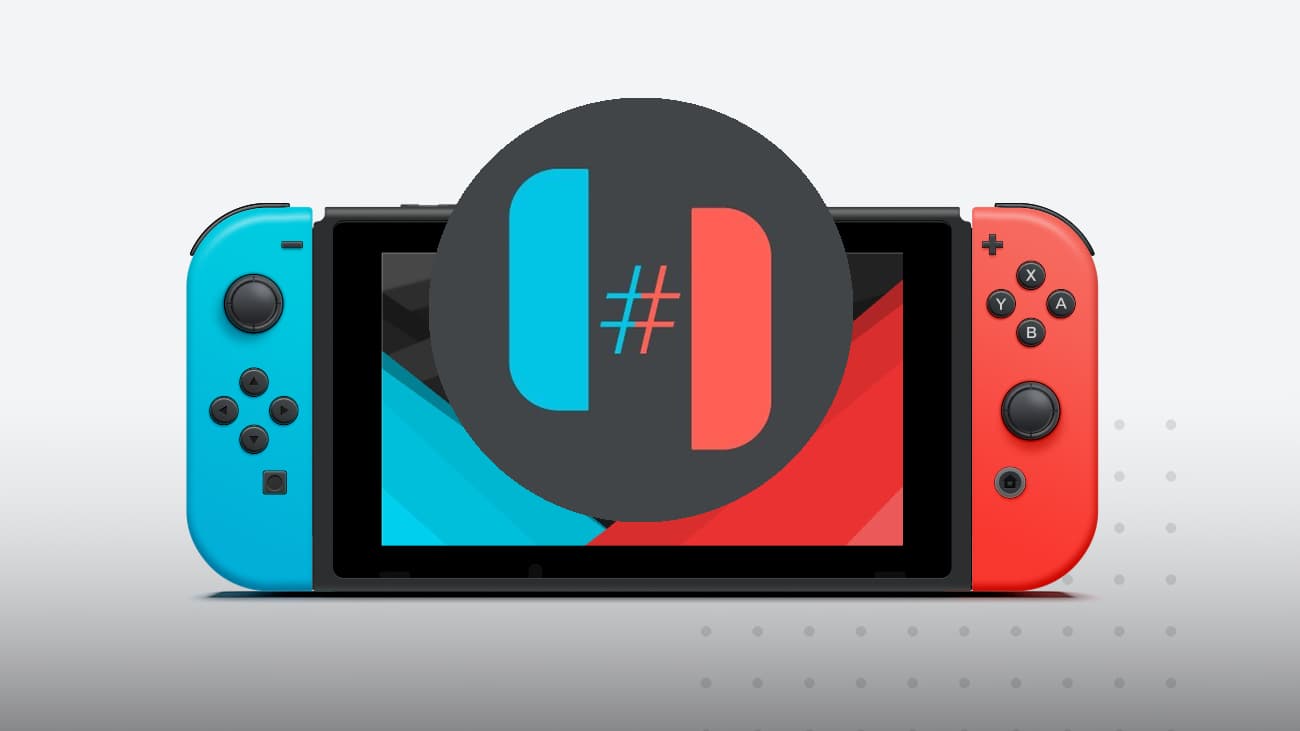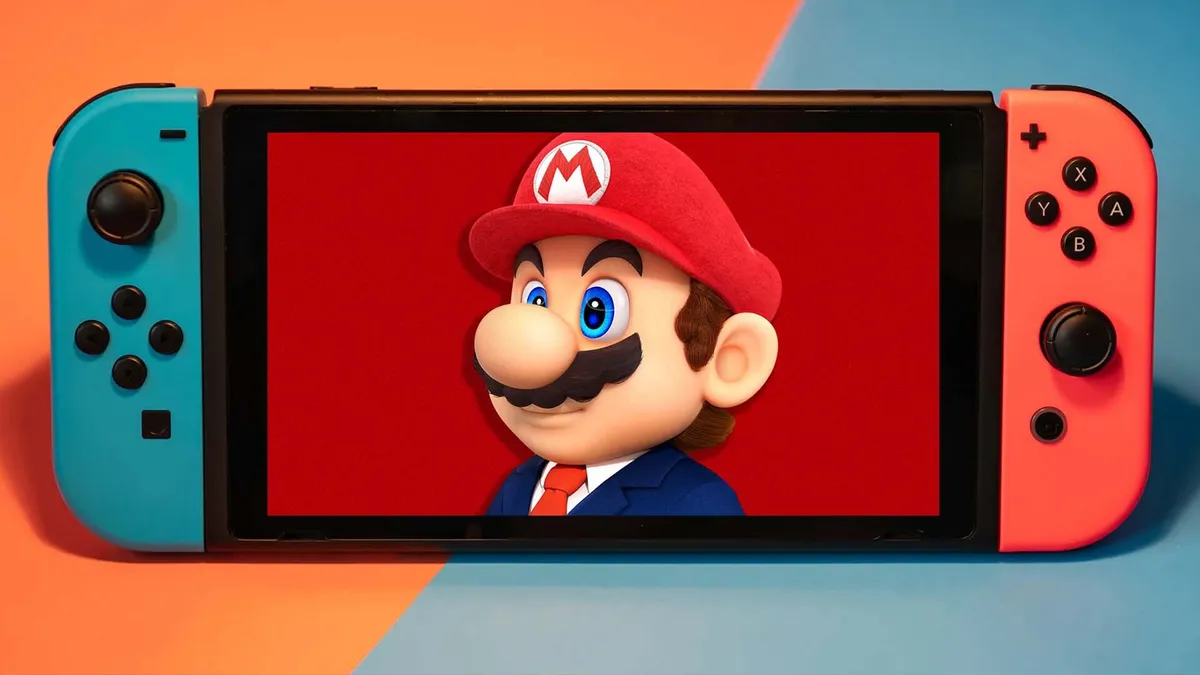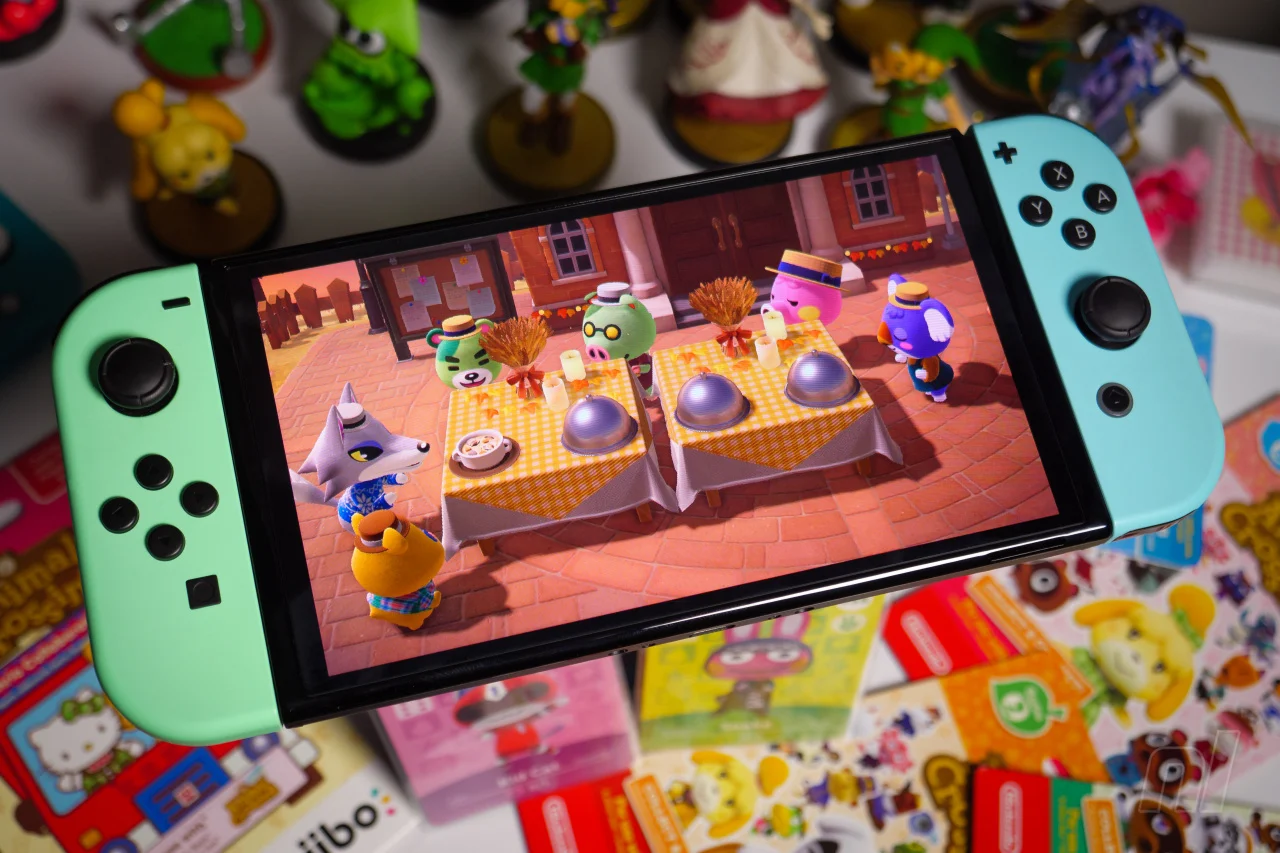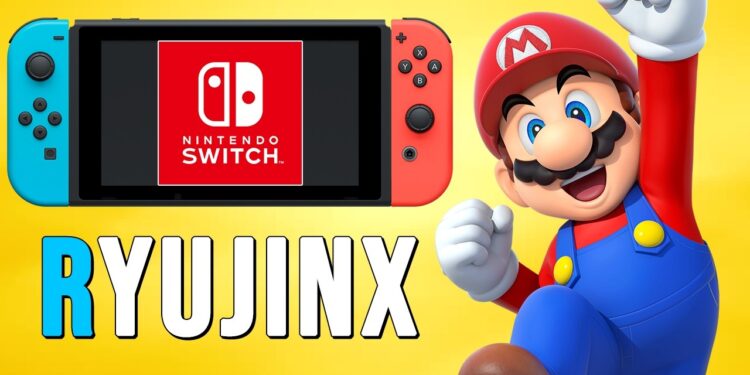In the ever-evolving landscape of video game emulation, the shutdown of the Ryujinx emulator marks another significant chapter in the contentious relationship between intellectual property holders and the emulation community. Ryujinx, a popular open-source Nintendo Switch emulator, has been removed from GitHub following what appears to be pressure from Nintendo itself.

A Sudden Halt for Ryujinx
Recently, the development team behind Ryujinx announced an abrupt end to their project. This news came to light after Ryujinx developer riperiperi shared on the project’s Discord server and via social media that gdkchan, another developer, had been contacted by Nintendo. According to riperiperi, Nintendo offered gdkchan an agreement to cease all development, remove the organization, and take down all related assets under his control. The outcome, while not officially confirmed, seems clear as the GitHub organization for Ryujinx has already been dismantled.
This is not an isolated incident. Just months prior, the Yuzu emulator team faced a hefty $2.4 million settlement in a lawsuit with Nintendo, which claimed the project facilitated piracy on a massive scale. The crackdown on Ryujinx reiterates Nintendo’s firm stance against software that enables the playing of its games on unauthorized platforms.

The Fallout and Legacy of Emulation Battles
The impact of these takedowns extends beyond the developers to the broader community of gamers and emulation enthusiasts. For many, these emulators are a means of exploring and preserving video game history. However, for copyright holders like Nintendo, they represent a potential threat to their intellectual property and revenue streams.
The Ryujinx website remains operational for now, but links to any GitHub-hosted content are inactive, signaling the end of easy access to the emulator. While updates from the Ryujinx team ceased months ago, their social media had been quiet since March, shortly after the Yuzu settlement news broke.

What Remains in the Emulation Scene?
Despite these setbacks, the emulation community continues to thrive in various forms. Suyu, a fork of Yuzu, still operates on self-hosted servers, though it too faces its legal challenges. Sudachi, another Yuzu derivative, was taken down from GitHub this July following a DMCA request by Nintendo. As the landscape of emulation continues to evolve, the tension between preserving the accessibility of older or less accessible games and respecting copyright laws remains a hotly debated issue. The cessation of Ryujinx development underlines the precarious position of emulator developers navigating the complex interplay of legality, technology, and fan enthusiasm in the digital age.
In conclusion, while the shutdown of Ryujinx is a setback for emulation advocates, it also highlights the ongoing dialogue about digital rights management, copyright enforcement, and the future of game preservation. As the legal battles continue, the community waits to see what the next chapter will hold for emulation.










